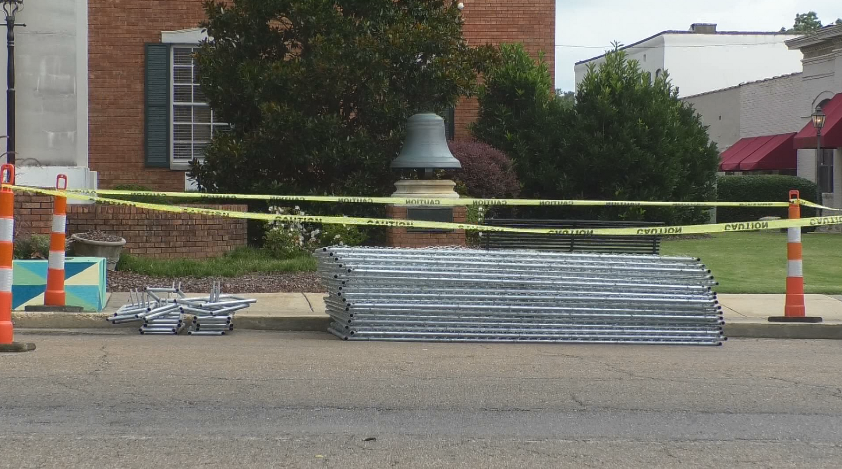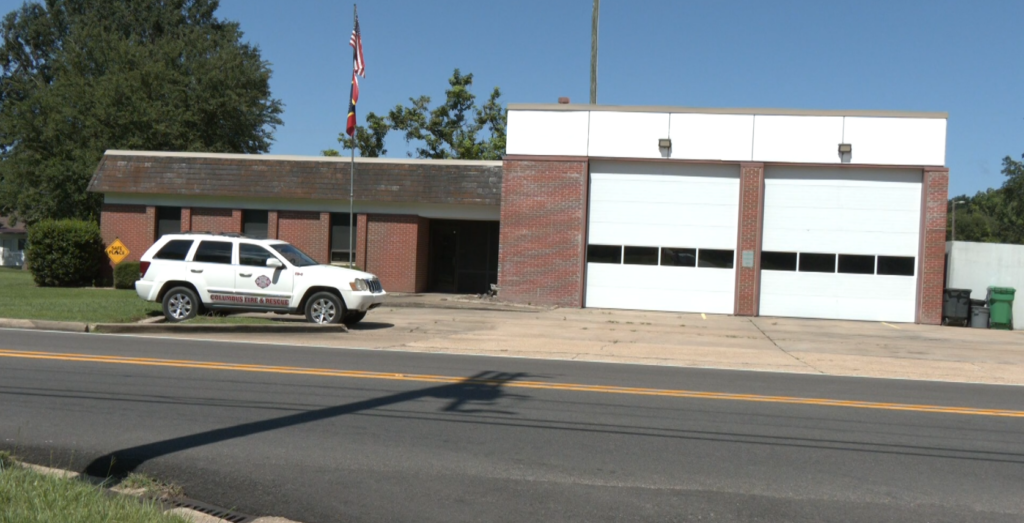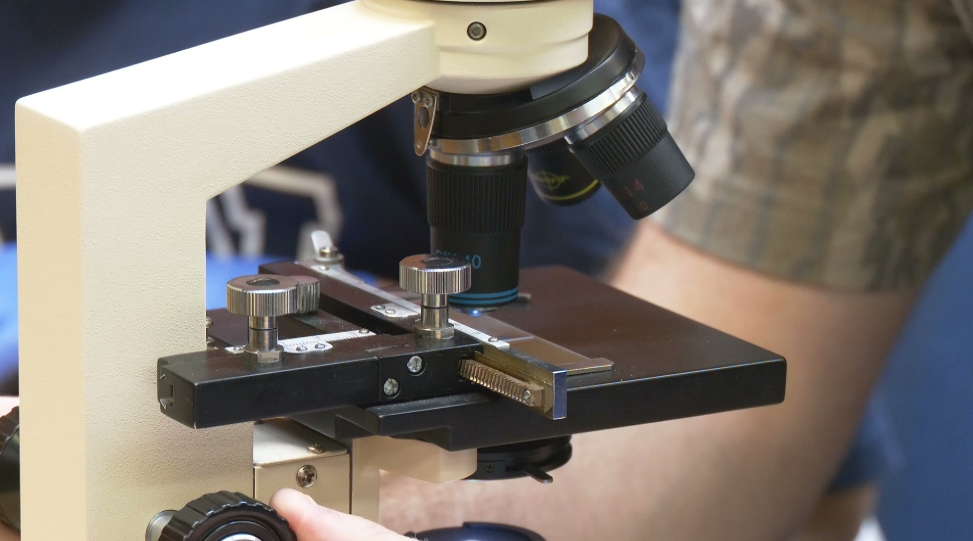“Mobituaries”: The legacy of the Orphan Train
New York in the 1850s was a difficult place to live. There was an influx of immigration, high rates of infectious diseases, and poor working conditions. Some estimate the number of children on the street at the time ran as high as 30,000 in a city of only 600,000 people.
It was then that social reformer and pastor Charles Loring Brace, who founded the Children’s Aid Society, created the idea of the Orphan Train.
“He really believed in the idea of getting kids out of the city and out of vice,” explained Shaley George, the curator for the National Orphan Train Complex in Concordia, Kansas.
George told “Sunday Morning” correspondent Mo Rocca that Brace “truly believed that people weren’t going to come to New York and take kids out of orphanages, but if he brought them to them, put them in their face, there was no way they could say no. And so, he took a chance.”
While the Children’s Aid Society launched the movement in 1854, the New York Foundling Hospital started its own mission to place orphans in the heartland, this time in Catholic homes.
From 1854 to 1929, 250,000 abandoned or orphaned children were put on trains taking them from East Coast cities to the Midwest and beyond. It was an ambitious, unprecedented undertaking that became an early predecessor to the modern foster care system in the United States.
Yet the Orphan Train movement was not without controversy. “For that time, I guess it was as good as anything, but I certainly can’t go along with it,” Margaret Fuchs told “CBS Sunday Morning” in 1979. She rode the train from New York to Kansas with her sisters, but they were soon separated. While Margaret was unhappy with her foster family, her sister Anna found a loving home, and described her new mother as “a person I could trust.”
“When I first came here, I did not trust anyone,” Margaret said, “I had lost faith in people. I really feel like I’ve had two mothers.”
Many of these children lived perfectly normal lives – some wouldn’t even find out they were adopted until they were much older. Others would have harder times, ending up in difficult or potentially dangerous family situations.
So, 90 years later, it remains important to ask: Were the Orphan Trains a good thing or a bad thing?
In this week’s episode of the “Mobituaries” podcast, Rocca combs through the “CBS Sunday Morning” archives to share the stories of Orphan Train riders who are no longer with us, and journeys to Texas to meet with the last known survivor of the movement.
You can stream or download the “Mobituaries” podcast “The Orphan Train” free at art19.com, or wherever you get your podcasts.
For more info:





Leave a Reply